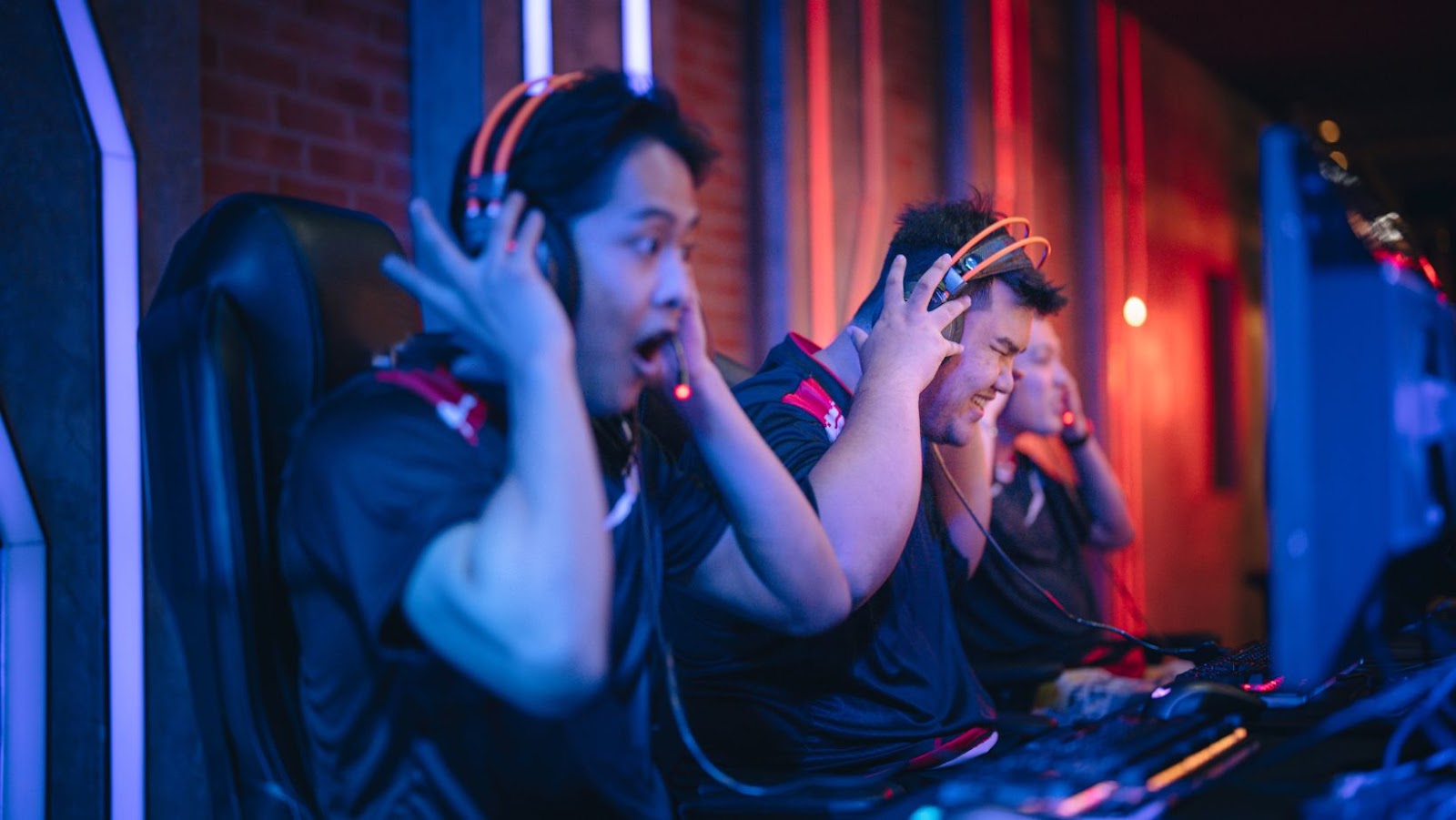Imagine stepping into a world where competitive gaming is not just a hobby, but a full-fledged career path. Welcome to the realm of esports colleges, where passion meets profession, and virtual battles earn real-world accolades.
Esports has exploded onto the global scene, transforming from a niche pastime into a billion-dollar industry. Now, colleges across the globe are catching up, offering esports programs that combine gaming prowess with academic rigor.
Esports Colleges
Plunging into an era where esports transforms into an integral part of educational institutions, it’s immeasurable growth is noteworthy. The significance of esports in higher education extends well beyond student engagement and recruitment, significantly enhancing campus life and introducing novel opportunities for both students and institutions.
 Benefits for Students and Institutions
Benefits for Students and Institutions
Esports, revolutionizing the traditional academic narrative, confers immense benefits to students and institutions. For students, eSports participation encourages the development of strategic thinking, teamwork, and communication skills, components vital to overall personal development. Instances include teams of students working together at Robert Morris University in Pennsylvania, coordinating their actions and strategies in pursuit of a common goal.
Institutions too reap significant benefits. Expanding their educational programs to include esports not only generates additional revenue streams but also enhances the institution’s appeal to a wider student base.
How Esports Enhances Campus Life
Esports comes with an impressive potential to enrich campus life. It introduces a realm of competitive entertainment, providing students with a unique platform for personal connection and engagement. Consider the example of University of California, Irvine, where the esports program has successfully fostered a thriving on-campus gaming culture.
Additionally, esports provides a platform for students to engage in the healthy competition, boosting interpersonal communication and camaraderie among the college community. Moreover, esports program often host tournaments that attract large student audiences, enhancing the overall vibrancy and spirit of the college community.
Academic Pathways in Esports Colleges
From smorgasbord of degree programs to diverse career opportunities post-graduation, esports colleges open up a whole new horizon of academic and professional paths.
 Degree Programs Available
Degree Programs Available
Diverse degree programs exist in esports colleges, each specially tailored to impart industry-relevant skills. A key nomenclature, game design, focuses on honing students’ creative instincts and technical proficiency. This entails comprehensive study modules on topics like game strategies, graphics, and programming. Top esports colleges, for instance, Harrisburg University, has acclaimed game design programs.
Another compelling program pertains to esports management, enabling students to navigate the business aspects of the esports ecosystem, from planning and coordinating esports events to marketing esports brands. The University of California, Irvine, serves as an exemplar, offering a successful esports management degree.
 Career Opportunities Post-Graduation
Career Opportunities Post-Graduation
Securing a degree from an esports college constitutes a stepping stone into an array of professional opportunities. Game designers, for instance, find their niche in the dynamic game developing industry. Others leverage their esports management degree to excel in strategic roles, such as event coordinator or brand manager within the esports industry.
Graduates with a knack for commentary often find themselves as sought-after esports casters or streamers, leveraging their sports communication degree. Moreover, a number of graduates steer towards an esports career at a broader level, harnessing opportunities in coaching, team management, and player development echelons.
Challenges Facing Esports in Education
Esports colleges have shown they’re more than a trend. They’re shaping the future of higher education and career paths, offering a unique blend of academics and entertainment. Schools like the University of California, Irvine, Illinois Wesleyan University, and Miami University, Ohio, are leading the charge, proving that esports can enhance campus life and open up new revenue streams.
Yet, it’s not all about the money. These institutions are providing academic pathways that prepare students for a variety of roles within the esports industry. From game design to sports communication, the opportunities are diverse and exciting.
However, as with any burgeoning industry, there are challenges to overcome. The integration of esports into higher education is still in its infancy, and it’ll be interesting to see how these institutions navigate the future. But one thing’s for sure, esports colleges are here to stay, and they’re changing the game for higher education.